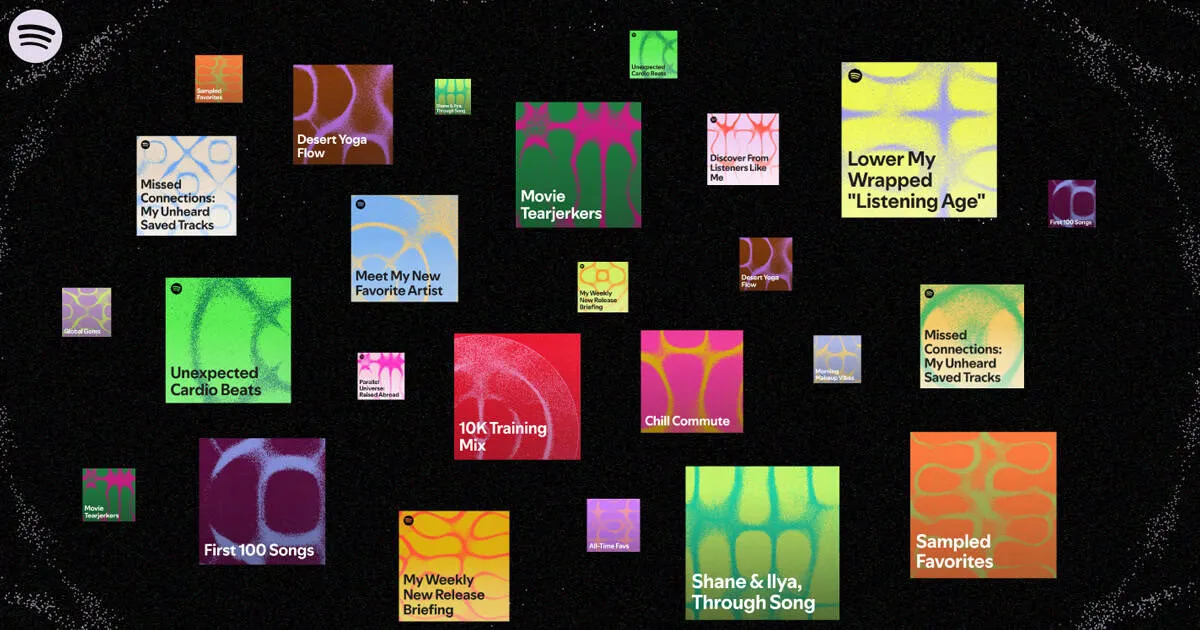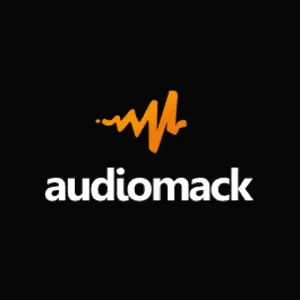Since Spotify finally launched in the US, the discussion has reignited about what the benefits of it are for musicians.
One recent conversation has involved people quoting diametrically opposite statistics about the influence of Spotify on file-sharing in Sweden. Some people quoting a stat that says file-sharing has dropped as Spotify has rolled out, and others saying that there’s more file sharing with Spotify…
The problem with both statistics is that there’s no binary relationship between Spotify and file-sharing, and none of the articles I’ve seen writing about it have made any attempt to differentiate between different media being torrented, or indeed whether what’s been measured is number of unique users, number of files or quantity of traffic. All of which can be interpreted in myriad ways.
I have also yet to see a breakdown of just whose music is being played on Spotify vs those artists whose torrent traffic has shifted, or the impact that either has had on music sales – digital or physical – which would also need to be put alongside all the other influences on those statistics too.
As an example, my own Spotify statements via CDBaby have thus far reported 4583 plays and paid me a grand total of $11.38, including precisely zero downloads via their own store – so in terms of raw financial return, 2 people torrenting my stuff and deciding to buy a CD or download, and/or go to a show would beat Spotify hands down.
But Spotify, we’re told, is all about discovery – people find you there and may then go and buy your stuff elsewhere.
Be heard.That’s the mantra. But if it doesn’t pay, and the artist has no control over the biography that’s on their artist page there, or where the (one) sales link goes to (I’d happily swap all my royalties from Spotify for ever for the chance to have the ‘buy’ link go to Bandcamp instead of their ridiculous credit-based store), then wouldn’t it actually be BETTER for the artist to seed your material onto BitTorrent, to package it with a PDF that speaks directly to the people who’ve torrented it, to invite them to your own site to find out more?
The legality or otherwise of each activity is rather moot for independent artists who record their own songs (things get more complex when it’s a recording of someone else’s song), though the societal implications for activities that are against the law becoming normative are potentially far more problematic.
Spotify – like the Major labels who were granted a large share of the business in exchange for the rights to their catalogues (without – in the majority of cases – consulting their artists) – are horribly opaque with their accounting, and obfuscate any response to questioning about where the money their subscribers and advertisers pay is going. They talk in big numbers about how much is being paid out, but with no context. Thus leaving us without even the in-app statistics, let alone any way of mapping those to wider internet sales/traffic/download trends in a meaningful way.
This is the problem with statistics and the Internet – some things are very easy to map, particularly if the traffic is within a single domain, though it may still be impossible to extrapolate meaning from those raw numbers. But trying to track whether Spotify is causing people to buy – or torrent – music elsewhere is impossible to measure without doing extensive market research, which is hindered by the fact that most torrenting is against the law in most of the countries that have a vested interest in knowing this stuff. Again, to have any meaning, we’d also need to see data on the cost of the physical version, how it was packaged and what quality the torrented file was vs what was available to buy.
Which means? It’s disigenuous to pejoratively view someone torrenting a 24bit FLAC file as an alternative to buying something on iTunes without also addressing the lack of a legal file of the same quality elsewhere, as well as considering the influence that variable pricing and/or exclusively packaged beautifully design physical product may have had on their actions.
The other huge problem facing anyone trying to write authoritatively about this, as I implied earlier, is that the various lobbying agencies representing the major record labels, such as the BPI in the UK and the RIAA in the US, have thus far proved unwilling to provide any control group statistics about the broader financial situation in the traditional recording industry world. Particularly as it relates to what the majority of artists and musicians get paid. The artists themselves are often prevented from gaining access to the accounts relating to their own artistic work, so outside access is currently impossible.
What we end up with is vested interests at both ends of the spectrum using the bits of available statistics that best support their preconceived notions of good and bad, without any broader analysis of what those stats mean and why their incompleteness is significant.
So all statistical interpretation must be caveated with what’s missing and interpreted in the light of that. It’s not that incomplete stats aren’t useful. They’re just incomplete.
[photo use under Creative Commons, by Dan Dickinson on Flickr]




